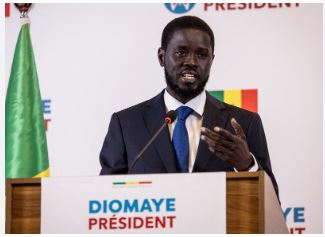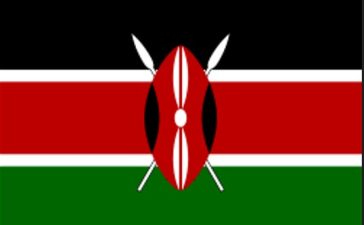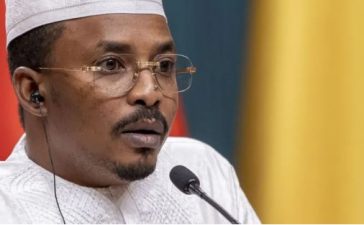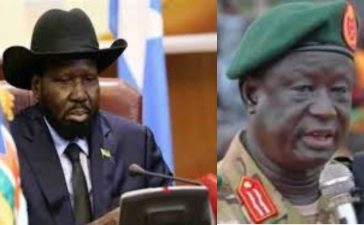In a historic electoral victory, Bassirou Diomaye Faye, Senegal’s youngest elected leader at 44, secured the presidency in March 2024, just 10 days after his release from prison. Faye, propelled by a wave of popular support, defeated Amadou Ba, the ruling party’s candidate, in a landslide win. His campaign was built on promises of “systemic change” and addressing key issues such as corruption, soaring living costs, and revisiting contracts in Senegal’s emerging oil and gas sector.
Despite his overwhelming mandate, Faye has found his presidential powers constrained. The root of the problem lies in Senegal’s 2022 parliamentary election results, which left the legislature in the hands of the ruling party of former president Macky Sall. This opposition-controlled parliament has stifled Faye’s efforts to implement the sweeping reforms he promised.
Faye’s calls for change resonate deeply with Senegal’s younger population, which has been increasingly frustrated by economic hardship and political stagnation. His reform agenda includes reworking oil and gas contracts to ensure more equitable national benefits, curbing the rising cost of living, and tackling endemic corruption. However, with a hostile parliament and a bureaucracy aligned with his predecessor, Faye’s administration faces an uphill battle.
Political analysts warn that Faye’s administration may struggle to enact meaningful changes unless a political compromise is reached, or new parliamentary elections are called. His presidency, still in its infancy, remains a test of how much power Senegal’s youngest leader can wield in a political system resistant to change.







